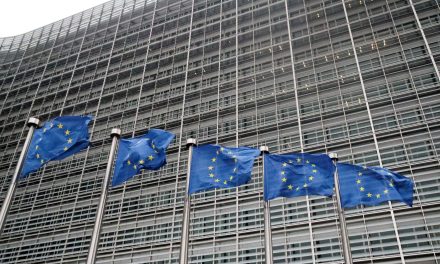A recent study conducted for the European Union’s executive arm revealed that China has surpassed the EU in clean energy research technologies. The study, which analyzed peer-reviewed publications, highlighted China’s dominance in areas such as solar power, wind power, lithium batteries, heat pumps, and carbon-capture technology.
According to the study, China’s ascendancy in clean energy research serves as a challenge to the EU’s green-tech ambitions. In 2021, China outpaced the EU in the number of peer-reviewed publications in these sectors, marking a significant reversal from 2010 when the EU led in all sectors except wind power.
“The EU’s exposure to China is becoming increasingly technological,” the study noted, emphasizing China’s growing role as a world leader in science and innovation. This shift raises concerns about the EU’s reliance on Chinese technologies and the potential risks associated with it.
European Commission President Ursula von der Leyen has spearheaded a strategy aimed at “de-risking” from China and reducing dependencies in critical technologies like solar cells. However, the study suggests that the gap in research and innovation between China and the EU could hinder efforts to reduce these dependencies.
The study also emphasized import dependencies and trade diversification challenges faced by the EU. With China’s global dominance in critical areas like solar and electronics, the EU has limited options for diversification. In 2022, approximately 22% of the EU’s imports came from China, surpassing those from the US.
The report revealed that EU industries such as basic metals, chemicals, electronics, and electrical equipment heavily rely on Chinese inputs across international supply chains. Conversely, China’s electronics sector depends on EU inputs for nearly 5% of its total output, demonstrating bilateral trade dependencies.
While China’s economic growth declines and tensions with the US potentially intensify, the study points out that the EU’s strategic products and critical technologies could serve as valuable assets. As China’s reliance on EU inputs remains significant, this presents an opportunity for the EU to leverage its trade relationships in the context of changing dynamics.
To address these challenges and reduce dependencies, the EU’s executive arm plans to unveil proposals aimed at enhancing its screening and potential blocking of foreign investments in sensitive industries.
Source: japantimes






